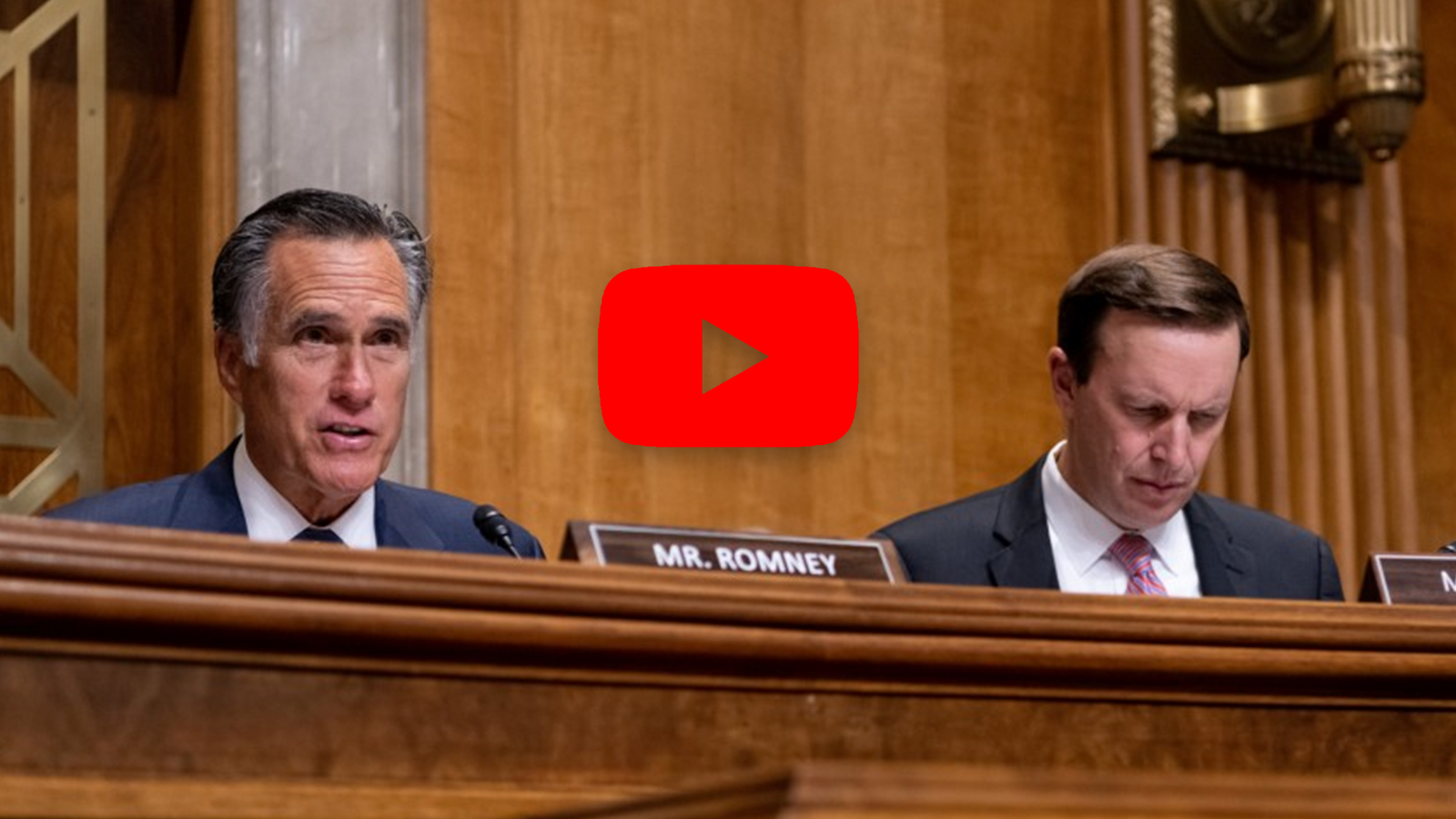WASHINGTON— U.S. Senator Mitt Romney (R-UT), Chairman of the Senate Foreign Relations Subcommittee on Near East, South Asia, Central Asia, and Counterterrorism, today convened a hearing titled “Iraq: A Crossroads of U.S. Policy,” focused on addressing how the United States can support Iraq in achieving a secure and prosperous future. Key excerpts of his remarks are below.

Senator Romney: In 2014, ISIS seized control of roughly one third of Iraqi territory, terrorizing the Iraqi people with a level of brutality unexpected even in a country that had lived under the regime of Saddam Hussein. While ISIS no longer has a territorial caliphate, Iraq still faces major security and economic challenges. Among those challenges are how to build an independent Iraq, how to sustain a vibrant economy, whether and how to assimilate returning ISIS fighters, and how to counter excessive Iranian influence. The question for us is how can the U.S. best support Iraq’s efforts to achieve a secure and prosperous future and become a stabilizing force in the region.

Romney: One of the things we heard in our travel was from the leadership of the country, which as you know represents leaders from Kurdistan as well as Sunni and Shia leaders with the President, the Prime Minister and the Speaker of the House. They made it a very high priority…to communicate that they have no interest in becoming a puppet state of Iran…They instead said, “no, our interest is not becoming the puppet of any nation, but is instead to become an independent and strong, stable entity.” Is that an accurate assessment of what you believe is really the intent of the leadership in Iraq? Or is that just what they hope to be able to sell to traveling Americans?
Honorable Joan Polaschik: Senator, thank you very much for that question. I believe that is an accurate portrayal of the genuine Iraqi leadership view on this issue. Iraq’s goal is to become a sovereign, independent, unified, democratic state, and that is certainly the goal of the United States’ policy as well. When you look at the horrors of what has happened in the last few years in Iraq, the ravages of the institutions both from the era of Saddam Hussein, and the difficult fight against ISIS, the Iraqi authorities have a real desire to rebuild institutions and ensure that they have the capacity to withstand any threats, any hostile actions from any of their neighbors.
Mr. Michael P. Mulroy: Yes, sir. They said essentially the exact same thing to me in my trip in March, and I would point out that all three of those leaders mentioned have long standing relationships with U.S. senior leaders for decades, and they do talk very bluntly. I would say that the July 1st proclamation by the prime minister is a very good step to bring [militias] under the control of the Iraqi security forces and away from political affiliations. It’s important to note that all [Popular Mobilization Forces] fought against ISIS. Some of them are very well thought of by the Iraqi people, others are almost wholly controlled by the Iranians and not only don’t work for the best interest of the Iraqi people, but they have essentially turned to criminality to fund themselves even further. And they have become less and less favored by the Iraqi people. It is important I think that we do everything we can to help facilitate the government of Iraq bringing in the good and the disciplined PMF under the authority of the Iraqi military and disband the remainder.
